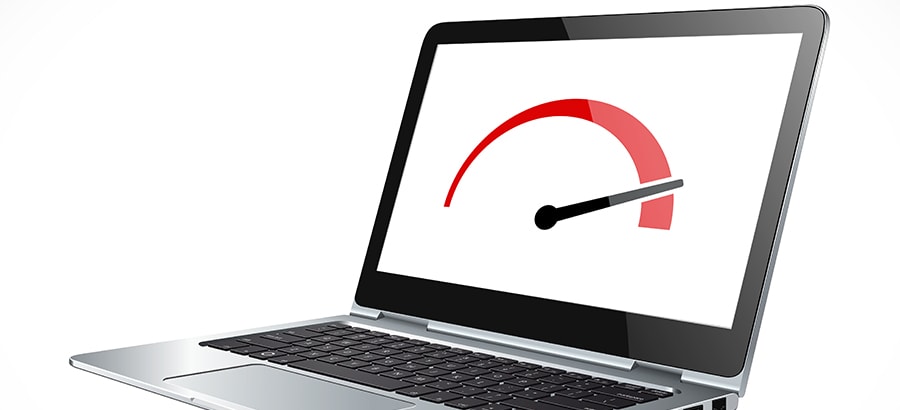Unless you’ve been living on a desert island for the past 5 years, you shouldn’t have failed to notice that when Apple released the first generation iPad back in 2010 it sparked off a revolution in personal computing terms when it brought to the consumer device market an intuitive, simplistic and easy to use personal computing device. Apple succeeded because they were one of the first companies to respond to a new demand in the marketplace, a demand fuelled by the world’s technological advances…and generated by impatience.
Nowadays, anything that involves an investment of someone’s time is subject to far more scrutiny, this is because people are now more than ever; aware of the availability of life improving and time saving technology. This has led people to typically think that they are now too busy to learn anything new or in any great depth, as they can now Google the answer or pick up enough information from bite size chunks of news to get by, e.g. information from news or social media sources such as Twitter.
The software delivered on this new generation of devices is actively encouraging people to avoid waiting for anything, and actively marketing impatience as a virtue. The successful adoption of these devices has been down to them delivering a standardised intuitive interface, which is quick and easy to navigate and requires a minimal amount of technological skill in order to get working. They also enable the user to obtain the information or experience they require in the timeframe they expect.
Two recent family visits highlight this perfectly:
Our three nephews all have iPods, Kindles or iPhones, and they know how to use them. They tell me the reason they like them is because they can quickly jump from one thing to the other and resume where they left off. My wife’s uncle also recently surprised us by promoting the use of her aunt’s new ‘Plate’ (of course he meant Tablet) for browsing the internet, stating how great it was. All this coming from a 62 year old man that has only just recently managed to figure out how to work the record function on the satellite TV system, and doesn’t even like computers!
What has to be remembered is that these people are not the ‘next generation’, they are the ‘now generation’: http://evolvingeducators.wordpress.com/2013/01/19/is-social-media-creating-the-now-generation/. As well as demanding instant everything from the software delivered on their consumer devices, they are also starting to demand the exact same experience when using any software.
This is what SYSPRO understands and is striving towards delivering in SYSPRO 7 and beyond.
Examples of where you can see this in SYSPRO:
- Sales Order Entry Express – a new faster way of adding sales orders where high volume speedy sales order entry is essential
- SRS (SYSPRO Reporting Services) Server Side Reporting – allows SRS reports to be requested from the server, leaving the users device free for other tasks
- SQL Optimised Reports and Programs – providing the user with faster access to data and on screen reports
- Single Sign-on Screens – allows the user to log in quicker through one bite-sized screen
- Flow Graphs – removes the requirement for the user to remember multistep processes, by providing a visual task list for the user to click through to perform repetitive tasks
- Advanced Custom Panes – brings associated charts and data to where the user is working, preventing them having to navigate to other areas of the system
And my personal favourite:
- SYSPRO Espresso – the new device-agnostic mobile platform of the future, completely customisable and about to set the standard for ERP Mobile solutions
I have a strong belief that SYSPRO Espresso will single-handily revolutionise the way in which people interact with SYSPRO and the other products that form part of their business solution.
Patience has always been seen as a good trait and something of a virtue, helping to reduce stress, anxiety and give an improved appreciation of that which is ultimately obtained. This does of course depend on the context, some may argue that our technological advances have helped to fuel a inherent desire to now have everything in an instant, which then, if not provided, actually leads to increased stress, anxiety and a reduced appreciation of that which is delivered, therefore promoting impatience as a virtue over patience.
What do you think?







